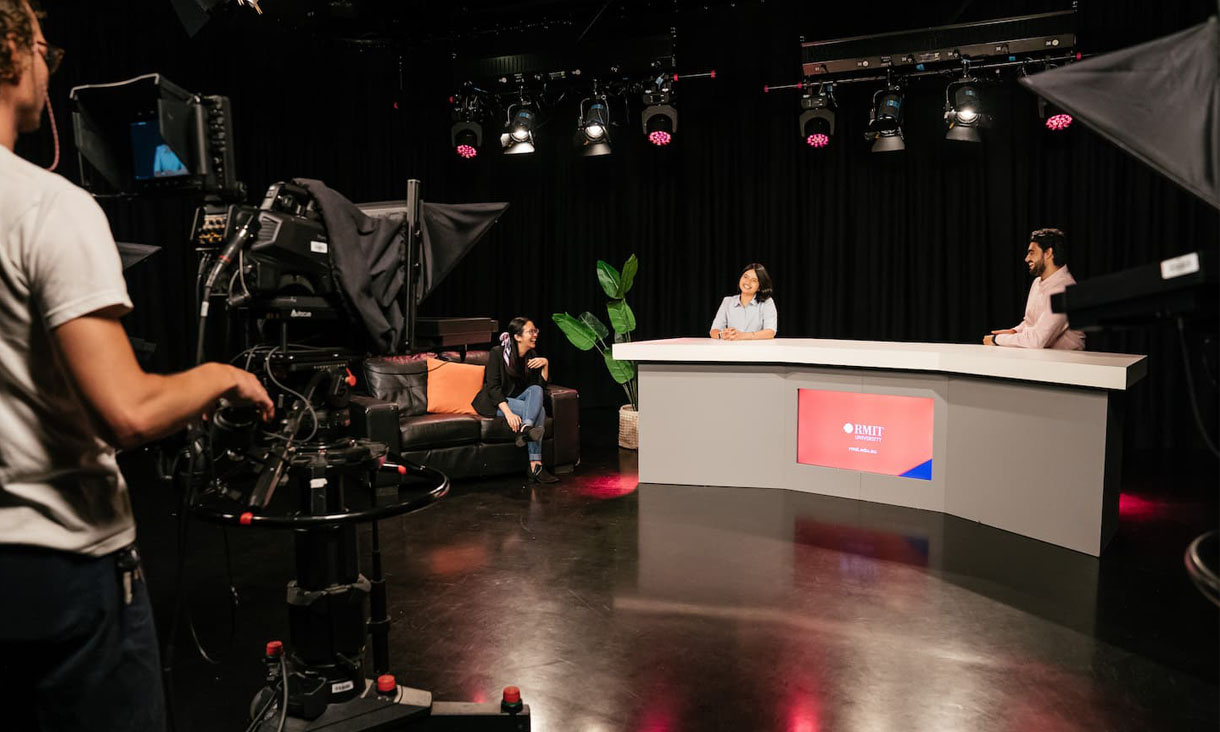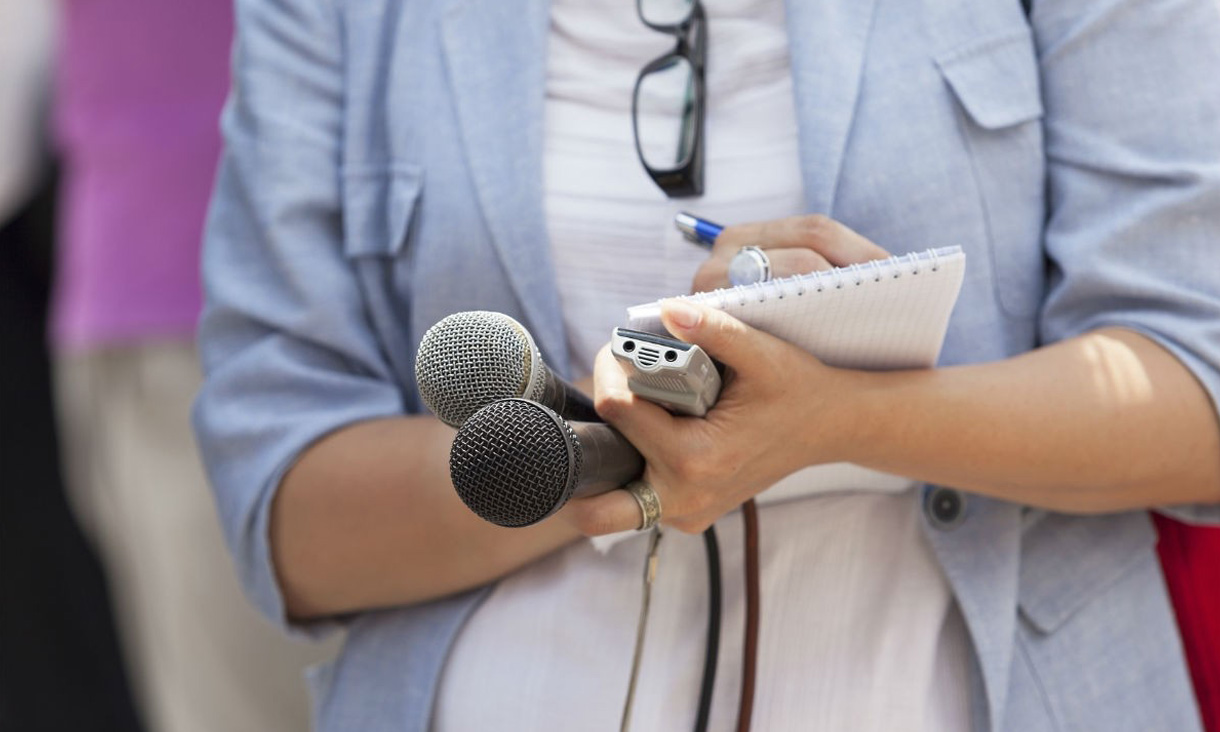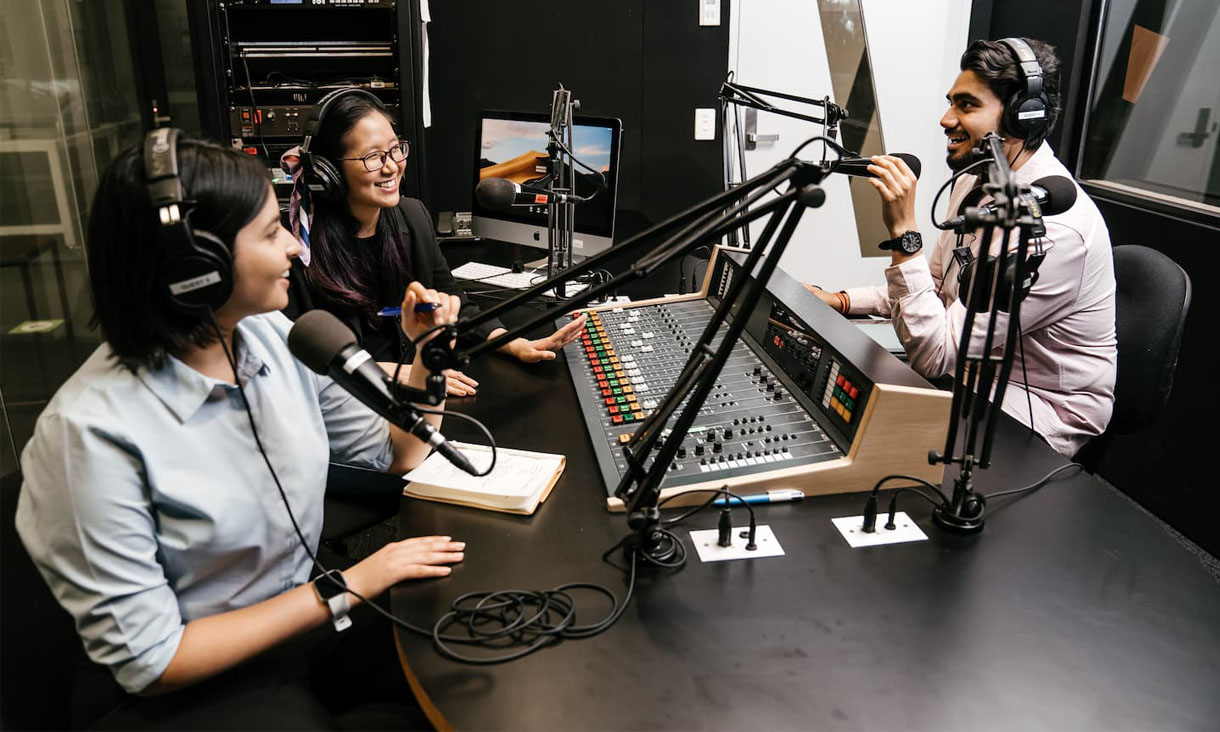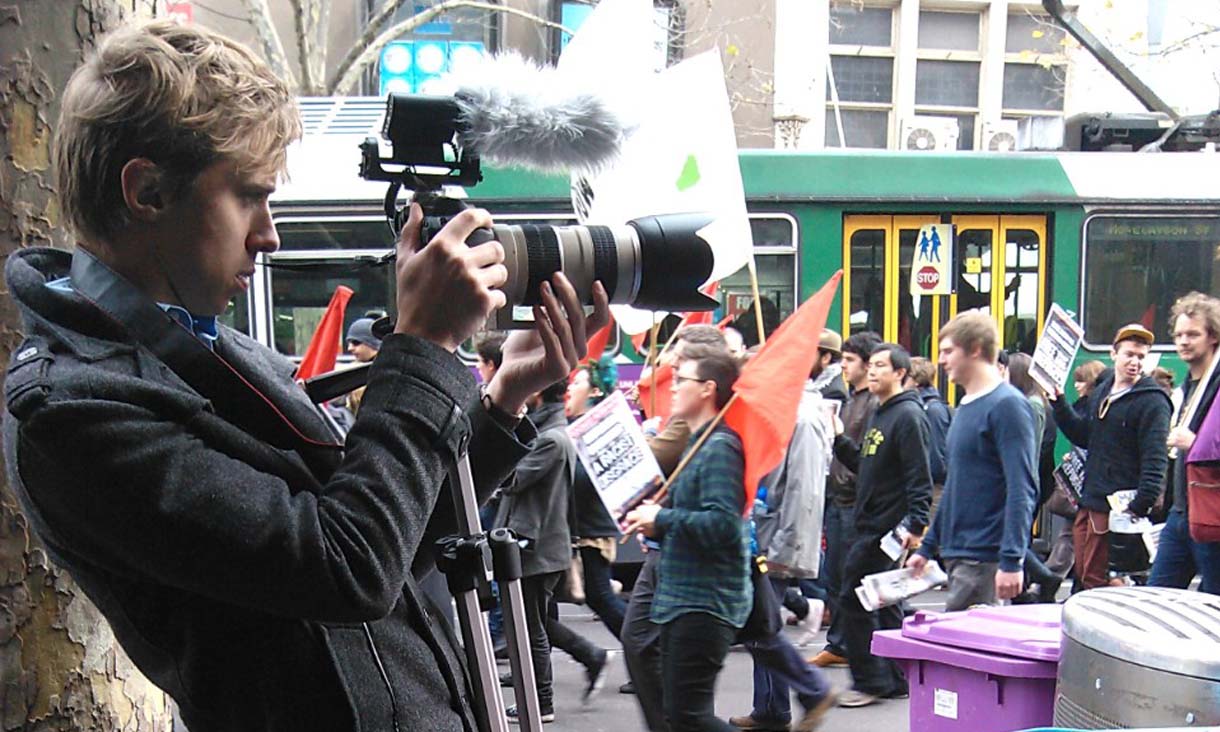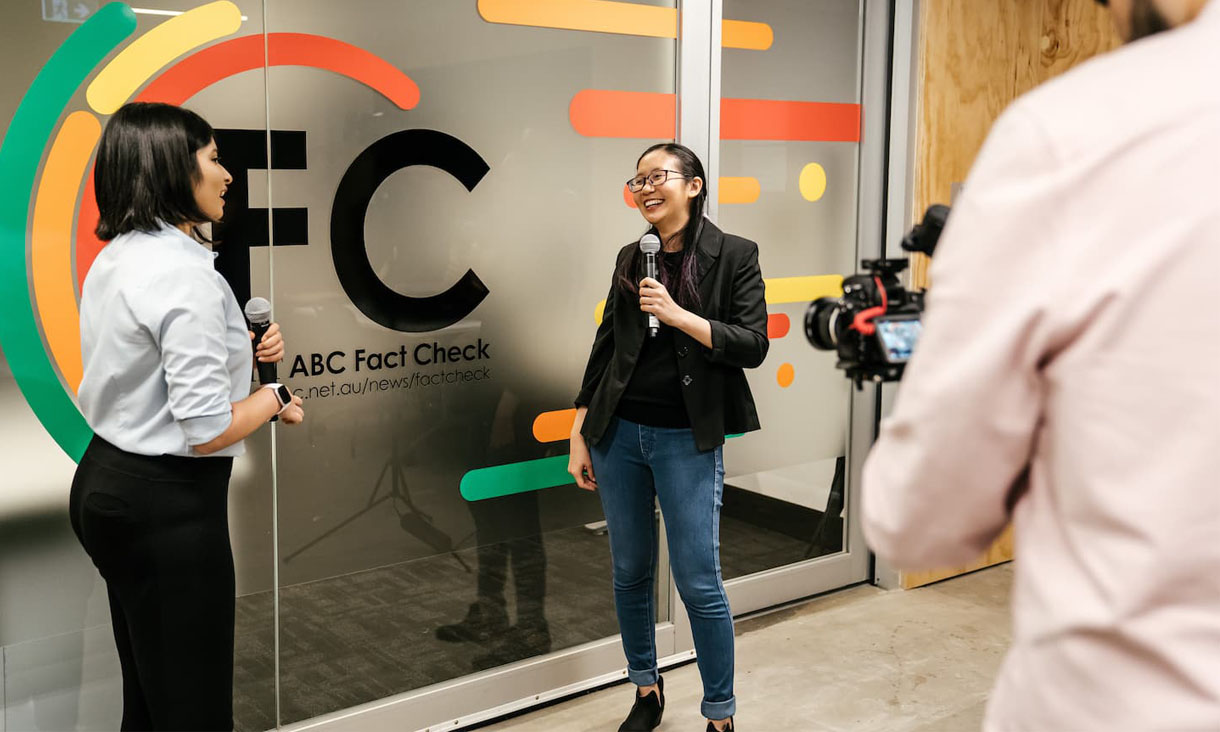Associate Degree in Professional Writing and Editing
This is a practical, industry-focused course that focuses on a combination of creativity and scaffolding the skills and expertise you need to become a professional writer and/or editor. At RMIT, you gain access to editors and publishers, so you receive feedback on your work.
Bachelor of Communication (Journalism)
Build hands-on experience in creating high quality journalism, developing modern news-gathering skills under the guidance of experts. At RMIT, you can have your work published and/or broadcast in the City Journal, and on Channel 31 and RRR. Graduate prepared to begin your career with a professional portfolio of published work.
Graduate Diploma in Journalism
This one-year course enhances your undergraduate qualifications with focused study that builds your journalism skills. At RMIT, you’ll take part in an industry placement, present and produce live news for radio and TV, and write reports for publication.
